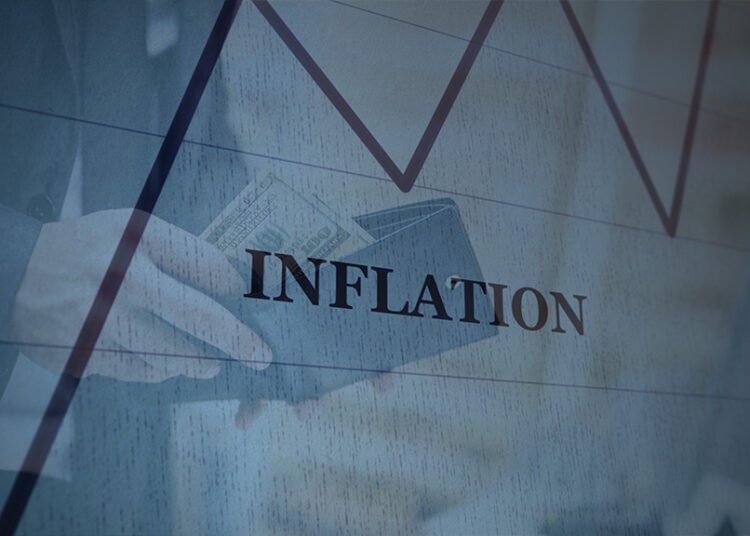In an effort to curb hoarding and speculation that could potentially drive up prices, the Union government of India has implemented another round of restrictions on the stocking of wheat. These measures come as part of ongoing efforts to maintain food security and stabilize prices, especially with the upcoming national election on the horizon.
The government has significantly reduced the limit for traders and wholesalers, slashing it from 1,000 tonnes to 500 tonnes of wheat. This move aims to prevent artificial scarcity of wheat in the country and ensure fair access to this essential commodity. Both central and state government officials will closely monitor the enforcement of these stock limits to prevent any attempts at creating artificial shortages.
Additionally, the government has also reduced the overall stock limits for big retail chains, allowing them to hold only 5 tonnes of wheat in each depot, with an overall limit of 500 tonnes across all their depots. Processors have seen a decrease in their limit as well, now capped at 60% of their monthly installed capacity until April, down from 70% previously.
Entities holding stocks exceeding the prescribed limits are required to bring their inventory within the specified thresholds within 30 days of the notification. They are also mandated to register on the wheat stock limit portal and update their stock position weekly. Failure to comply with these regulations may result in punitive action under the Essential Commodities Act, 1955.
These measures build upon earlier actions taken by the government, including the halving of stock limits on wheat for wholesalers in December. The government has also initiated steps under the Open Market Sale Scheme (OMSS) to ensure food security. Under this scheme, the Food Corporation of India (FCI) has allocated 10.15 million tonnes of wheat at a subsidized price for release into the domestic open market through weekly e-auctions. An additional 250,000 tonnes has been earmarked for offloading between January and March if necessary.
So far, FCI has successfully offloaded 8.4 million tonnes of wheat to processors through weekly e-auctions, thereby increasing the availability of wheat in the open market at affordable prices. Moreover, FCI is collaborating with organizations like the National Agricultural Cooperative Marketing Federation of India Ltd (NAFED), the National Cooperative Consumers’ Federation of India Ltd (NCCF), and Kendriya Bhandar to distribute wheat under the government’s ‘Bharat Atta’ brand at a subsidized price of ₹27.50 per kg.
Recognizing areas where prices are particularly high, the government is undertaking targeted sales in these regions. Approximately 750,000 tonnes of wheat have been allocated for sale under the ‘Bharat Atta’ brand, according to the food ministry.
Despite these efforts, inflation remains a concern, as noted by Reserve Bank of India governor Shaktikanta Das. Inflation trends continue to be somewhat volatile, primarily driven by rising food prices. However, economists project a moderation in retail inflation to a three-month low of 5.00% in January, down from 5.69% in December, largely due to easing food inflation.
Overall, the government’s measures aim to strike a balance between ensuring food security, stabilizing prices, and addressing inflationary pressures. By implementing stricter stock limits and actively managing wheat supplies through initiatives like the OMSS, the government seeks to mitigate the impact of hoarding and speculation on food prices while maintaining adequate availability of wheat for consumers across the country.













